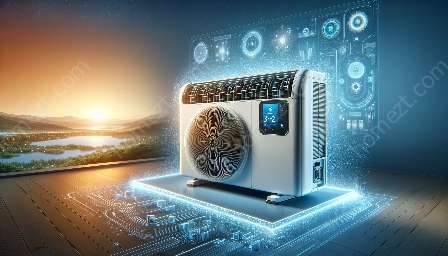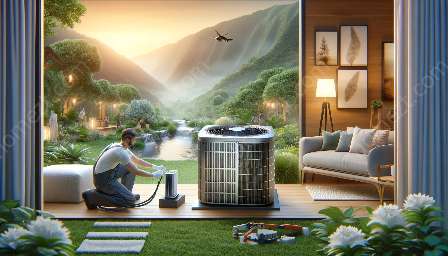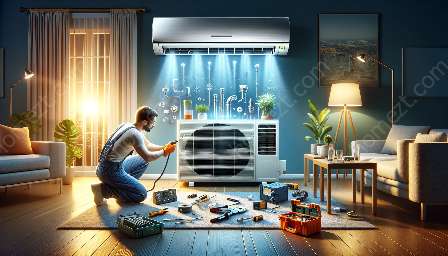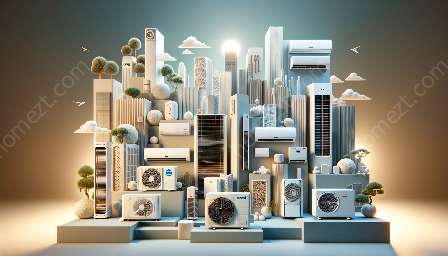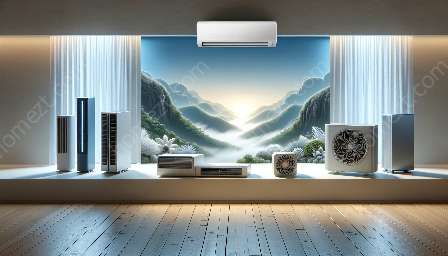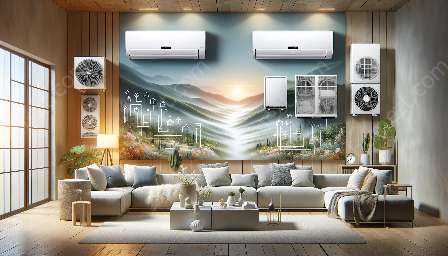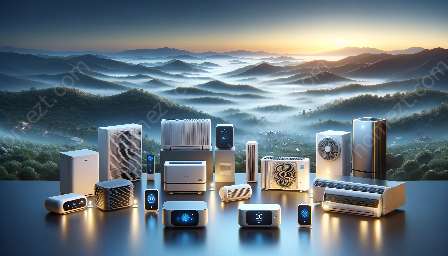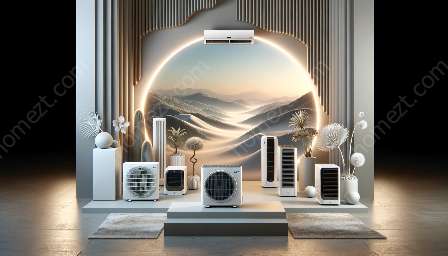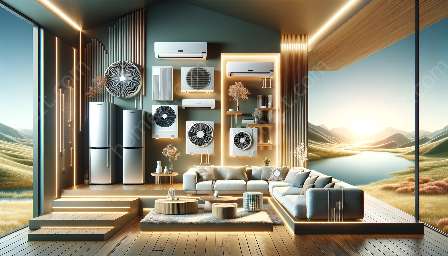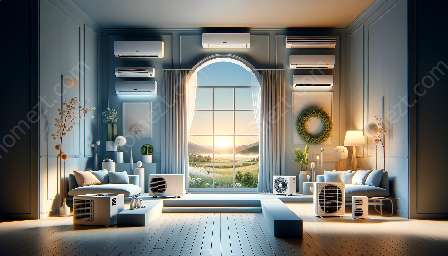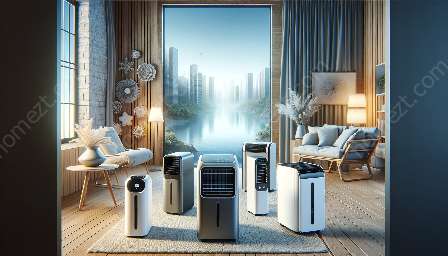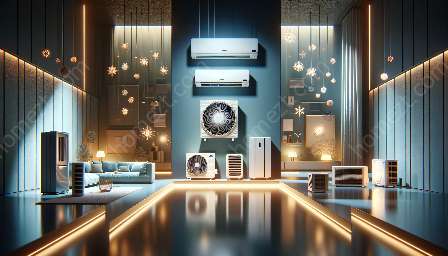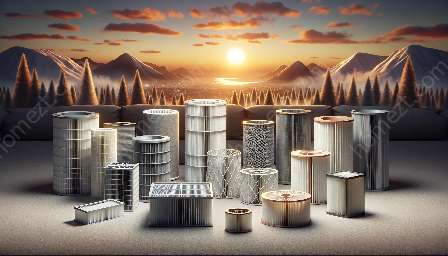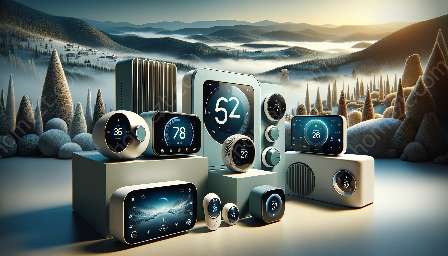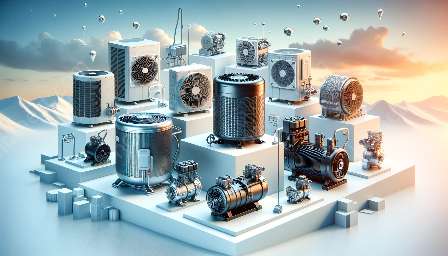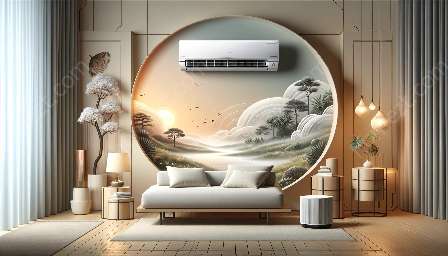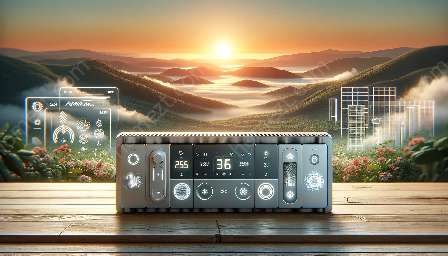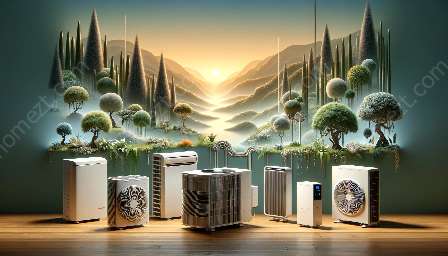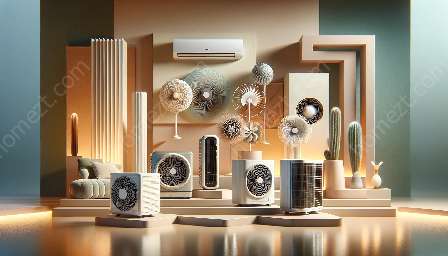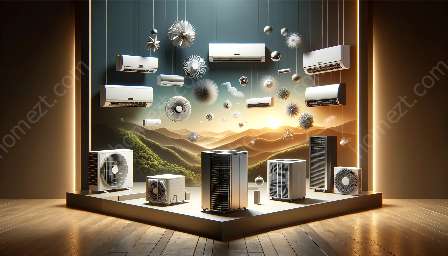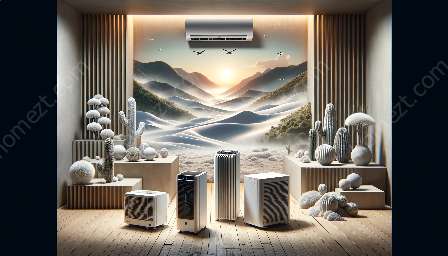When it comes to indoor comfort, heat pumps and air conditioners are two of the most popular options for heating and cooling. In this comprehensive guide, we'll explore everything you need to know about heat pumps and air conditioners, their differences, benefits, and maintenance.
The Basics of Heat Pumps
What is a Heat Pump?
A heat pump is a heating and cooling system that transfers heat between the indoors and outdoors. Instead of generating heat, it simply moves it from one place to another, making it an energy-efficient option for maintaining comfortable temperatures in your home.
How Do Heat Pumps Work?
Heat pumps work by using a refrigerant to absorb and release heat as it circulates between the indoor and outdoor units. In the summer, the heat pump removes heat from indoors and releases it outside, effectively cooling your home. In the winter, it extracts heat from the outdoor air and transfers it inside to keep your home warm.
The Advantages of Heat Pumps
Energy Efficiency:
One of the key benefits of heat pumps is their energy efficiency. Unlike traditional heating and cooling systems, heat pumps do not rely on fuel combustion to generate heat, making them more environmentally friendly and cost-effective in the long run.
Versatility:
Heat pumps can provide both heating and cooling, eliminating the need for separate furnace and air conditioning units. This versatility makes them a convenient and space-saving option for homeowners.
Environmental Impact:
By using the renewable heat from the outdoor air, ground, or water, heat pumps reduce reliance on fossil fuels, making them a greener choice for eco-conscious individuals.
Maintaining Your Heat Pump
To ensure optimal performance, it's important to schedule regular maintenance for your heat pump. This includes changing filters, inspecting the outdoor unit, and checking the refrigerant levels. By keeping your heat pump in top condition, you can maximize its lifespan and efficiency.
Comparing Heat Pumps and Air Conditioners
Heat Pump vs. Air Conditioner:
While heat pumps and air conditioners both provide cooling, they operate using different principles. While an air conditioner only cools the air, a heat pump can both cool and heat the indoor space, making it a year-round solution for temperature control.
Efficiency:
Heat pumps are generally more efficient than air conditioners in moderate climates, as they can move heat rather than generate it. However, in extremely cold temperatures, their efficiency may decrease, and supplemental heating may be required.
Maintenance for Air Conditioners
Similarly to heat pumps, regular maintenance is crucial for keeping air conditioners in top working condition. This includes cleaning the coils, checking refrigerant levels, and ensuring proper airflow throughout the system. By maintaining your air conditioner, you can extend its lifespan and maximize its performance.
The Role of Technology
Innovations in Heat Pump Technology:
Advancements in heat pump technology have led to improved efficiency, quieter operation, and enhanced comfort control. From variable-speed compressors to smart thermostats, these innovations have made heat pumps an attractive option for modern homes.
Smart Air Conditioner Features:
Just like heat pumps, air conditioners have also seen technological advancements, including programmable thermostats, energy-efficient compressors, and remote temperature control. These smart features allow homeowners to optimize their cooling systems for maximum comfort and energy savings.
Conclusion
Heat pumps and air conditioners play vital roles in maintaining indoor comfort, providing efficient heating and cooling solutions for homes and businesses. By understanding their differences, benefits, and maintenance requirements, you can make informed decisions about the best option for your specific needs.



